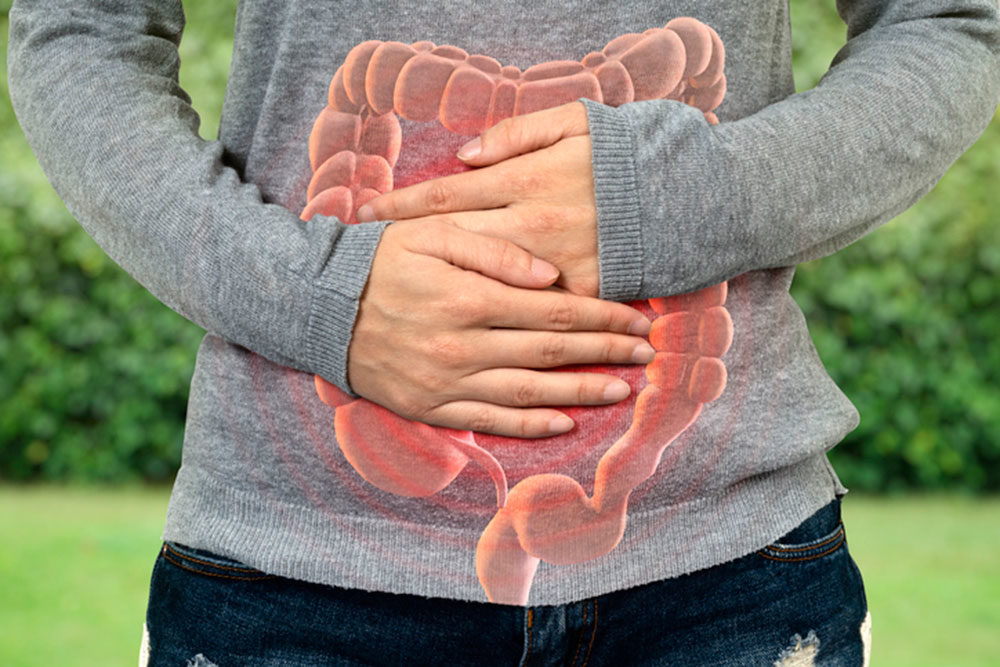
IN 2012 when M.I.T. microbiologist Mark Smith was pitching fecal transplants to a pharmaceutical group, one asked if the meeting was a prank. In the years since, fecal transplants have moved from an alternative treatment to standard care.
Fecal transplants, also called fecal microbiota for transplantation (FMT), are now available at more than 1,000 U.S. medical centers for sufferers of debilitating— as in “tethered to a toilet”—infections with Clostridioides difficile, known as C.diff.
“Over the past decade tens of thousands of Americans with C.diff have been cured through fecal transplants, often with a single dose that can bring patients back from the brink of death,” Andrew Jacobs wrote in the New York Times, March, 2019.
FMT has had an 80-90% success rate in preventing recurring infections in patients with C.diff. that has become resistant to antibiotics. FMT has also helped with intestinal symptoms of ulcerative colitis (UC), irritable bowel disease (IBS), Crohn’s disease and autism, and has shown promise in combating obesity.
C.diff strikes more than 500,000 and kills around 30,000 Americans each year. Twenty percent of those who receive traditional antibiotic treatment for C.diff have a recurrence.
When C.diff resides in the intestines of healthy people, other bacteria keep it in check. But antibiotic treatment for common infections—notably with the class of fluoroquinolones, which includes Cipro—can kill healthy bacteria, making way for overgrowth, and often drug-resistant, infection by C.diff.
In cases of drug-resistant C.diff, FMT not only adds healthy bacteria to the gut but sets off its regrowth and repopulation to conquer C.diff and prevent future recurrence. To be eligible for FMT, most patients have had at least one recurrence of C.diff following antibiotic treatment.
Later in 2012, Smith founded the non-profit stool bank OpenBiome, which guarantees the cleanest samples based on an intense evaluation protocol for donations.
Donors to OpenBiome must have taken no trips to developing countries and no antibiotics for the previous three to six months— after which each patient’s donation undergoes a 60-day examination before becoming available for transplantation. Of more than 15,000 donor candidates considered by OpenBiome between 2014 and 2018, only 3% passed the health screening to be permitted to make donations.
In June, 2019, at Mass General Hospital, two patients who had received FMT died. They developed an infection from a rare E.coli-related bacteria later detected in fecal samples from the same healthy donor, which had not undergone OpenBiome’s intensive screening. Because the human microbiome contains thousands of microorganisms, some worry that it’s impossible to test for everything to ensure that samples are 100% safe.
The FDA categorizes FMT as “investigational new drug” (IND) but gives physicians “enforcement discretion” to use it in the treatment of recurring C.diff without filing applications for each patient.
To transplant fecal material, physicians use a colonoscope, with the patient under sedation as in a colonoscopy exam, or an enema. An alternative delivery method is a tube extending from the nose to the intestine.
Newer methods involve pills containing stool samples, which have proven in at least one study of patients with recurrent C.Diff to be no less effective than colonoscopy delivery in preventing recurring C.diff infection for up to 12 weeks. YouTube videos showing DIY fecal transplants have racked up tens of thousands of views—but medical professionals warn against using samples that are not thoroughly vetted.
In research on fecal transplantation for conditions other than C.diff, FMT improved symptoms of IBS in 58% of patients, and remission of UC in 25% of patients compared to 5% for placebo.
In children with autism spectrum disorder, an “extended fecal transplant regimen” lasting seven to eight weeks lowered digestive symptoms and in some cases improved behavioral symptoms, with both effects enduring at least two months after treatment. And in obesity studies on mice, those on a high-fat diet that received fecal transplants from healthy mice—eating a normal fat diet and exercising—showed reduced inflammation and improved metabolism.
“Inspired by the success of fecal transplants for C diff., scientists are racing to develop similar treatments for an array of ailments and disorders,” writes Andrew Jacobs. Mentioning obesity and Alzheimer’s and Parkinson’s diseases, Jacobs notes that “investors are pouring tens of millions of dollars into start-ups chasing the next microbiota breakthrough.”
—Mary Carpenter
Every Tuesday, count on well-being editor Mary Carpenter to deliver health news you can use.

So fascinating. The more we learn about the microscopic organisms in our world the more we realize how crucial they are to life as we know it. This is a burgeoning field of inquiry in the plant world too. Did you know that their are about 50 billion microbes in one tablespoon of soil??